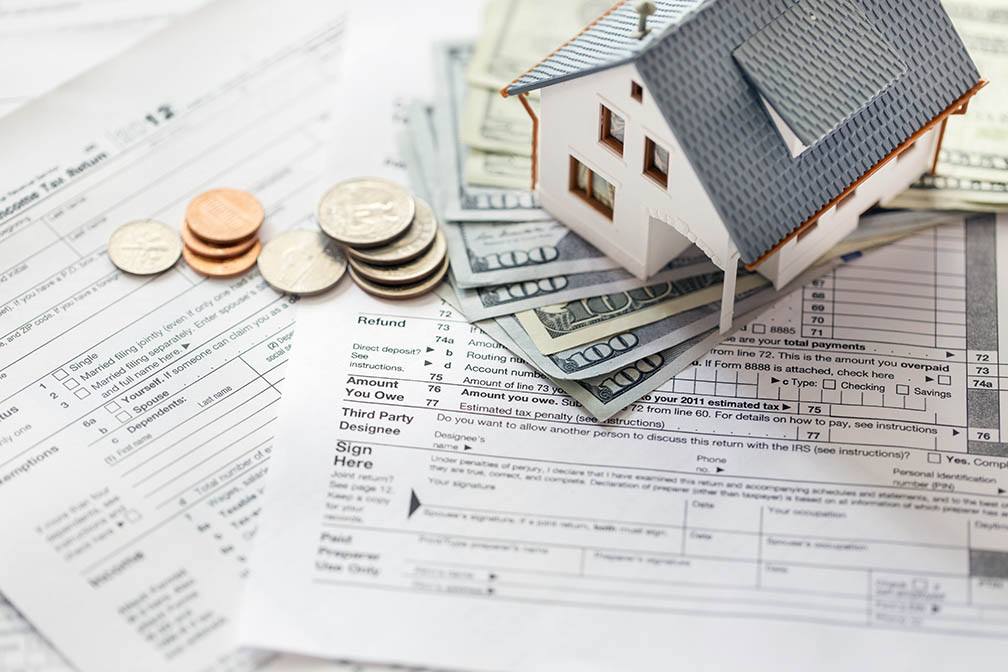Buying a Home on a Single Income? 3 Budgeting Tips That Will Make Things Easier
 Are you thinking about buying that perfect new home? Whether you’re buying for yourself or a new home for a family, there will be many costs involved. Let’s take a look at 3 budgeting tips that will help make home ownership on a single income easier.
Are you thinking about buying that perfect new home? Whether you’re buying for yourself or a new home for a family, there will be many costs involved. Let’s take a look at 3 budgeting tips that will help make home ownership on a single income easier.
Get A Full Picture Of Home Ownership Costs
Buying a home is never as simple as paying a mortgage payment each month. So, as with most budgets the first place to start is a full consideration of everything involved.
On top of your mortgage, what other monthly costs will come up? Consider utilities like electricity, phone, cable, water and others. You’ll be responsible for property taxes, so find out how much other local owners are paying. If you’re buying into a community, you may have to pay monthly fees to a homeowners’ association.
When you’re visiting open houses and talking to owners, be sure to get a full picture of their monthly costs. It will help you build a responsible budget.
Keep Your Credit As Strong As Possible
It might sound obvious, but keeping your credit or FICO score spotless is important. Buying a home on a single income means that you’ll need a mortgage. Depending on the home you’re buying, this might be significant. Your credit score is one of many factors your lender will use to assess you, but it’s the most important. So keep those bills paid on time and avoid any black marks on your credit report.
Plan Ahead For Unexpected Budget Shocks
Don’t forget to think ahead at events that — while unlikely — may shock your finances. Having one income means that you’re one negative health event away from being out of work. What happens if the income-earner gets sick, fired or laid off? Is there other work nearby, or would you need to move? Consider the different types of insurance you can get on your mortgage and home. And how much you’ll need to put away in a ‘rainy day fund’ each month. While it might be a bit more of a struggle, it’s still possible to buy a home on a single income.
 Most people do not look forward to tax time, whether they get money back or not, but as a homeowner there are a lot of things you can do that will help to reduce your taxes and get you a refund. If you’re getting prepared to invest in a home and are wondering how it can benefit you, here are some deductions you’ll want to watch out for.
Most people do not look forward to tax time, whether they get money back or not, but as a homeowner there are a lot of things you can do that will help to reduce your taxes and get you a refund. If you’re getting prepared to invest in a home and are wondering how it can benefit you, here are some deductions you’ll want to watch out for. The idea of paying off your student loans and buying a home at the same time can seem like an impossible feat given the impact on your Debt-to-Income (DTI) ratio. However, there are ways it’s possible to have enough funds and good enough credit to make your dream of home ownership come true a little more quickly. If you’re currently considering how to manage both, here are some options you might want to consider.
The idea of paying off your student loans and buying a home at the same time can seem like an impossible feat given the impact on your Debt-to-Income (DTI) ratio. However, there are ways it’s possible to have enough funds and good enough credit to make your dream of home ownership come true a little more quickly. If you’re currently considering how to manage both, here are some options you might want to consider.